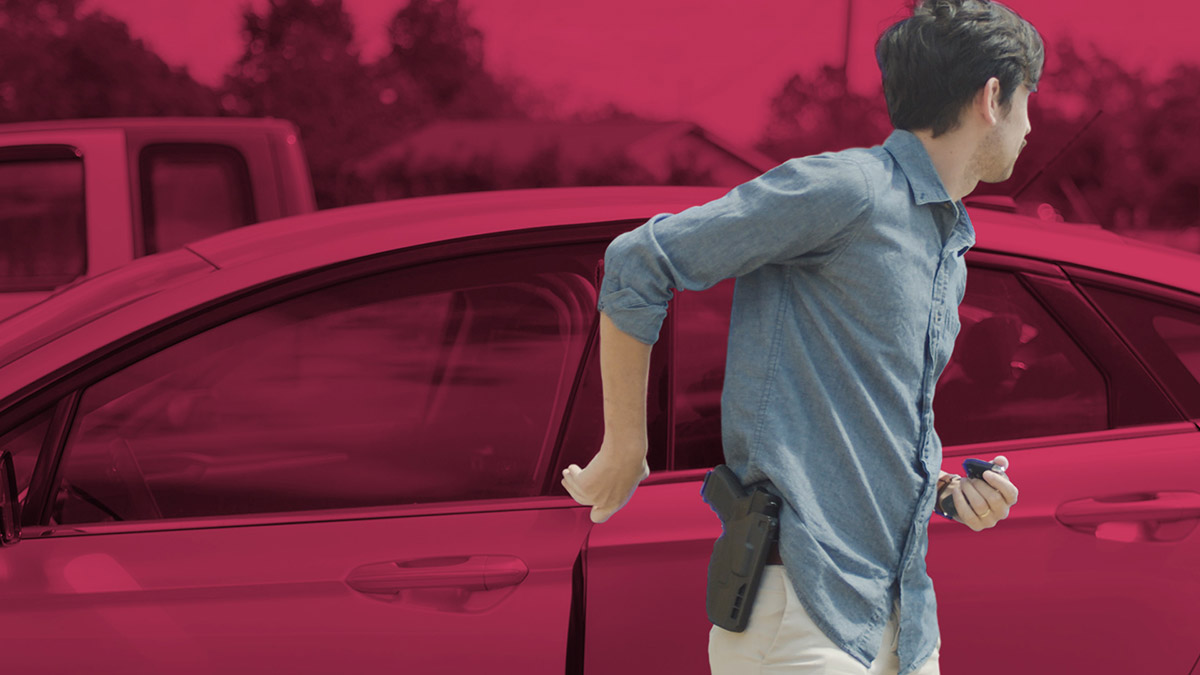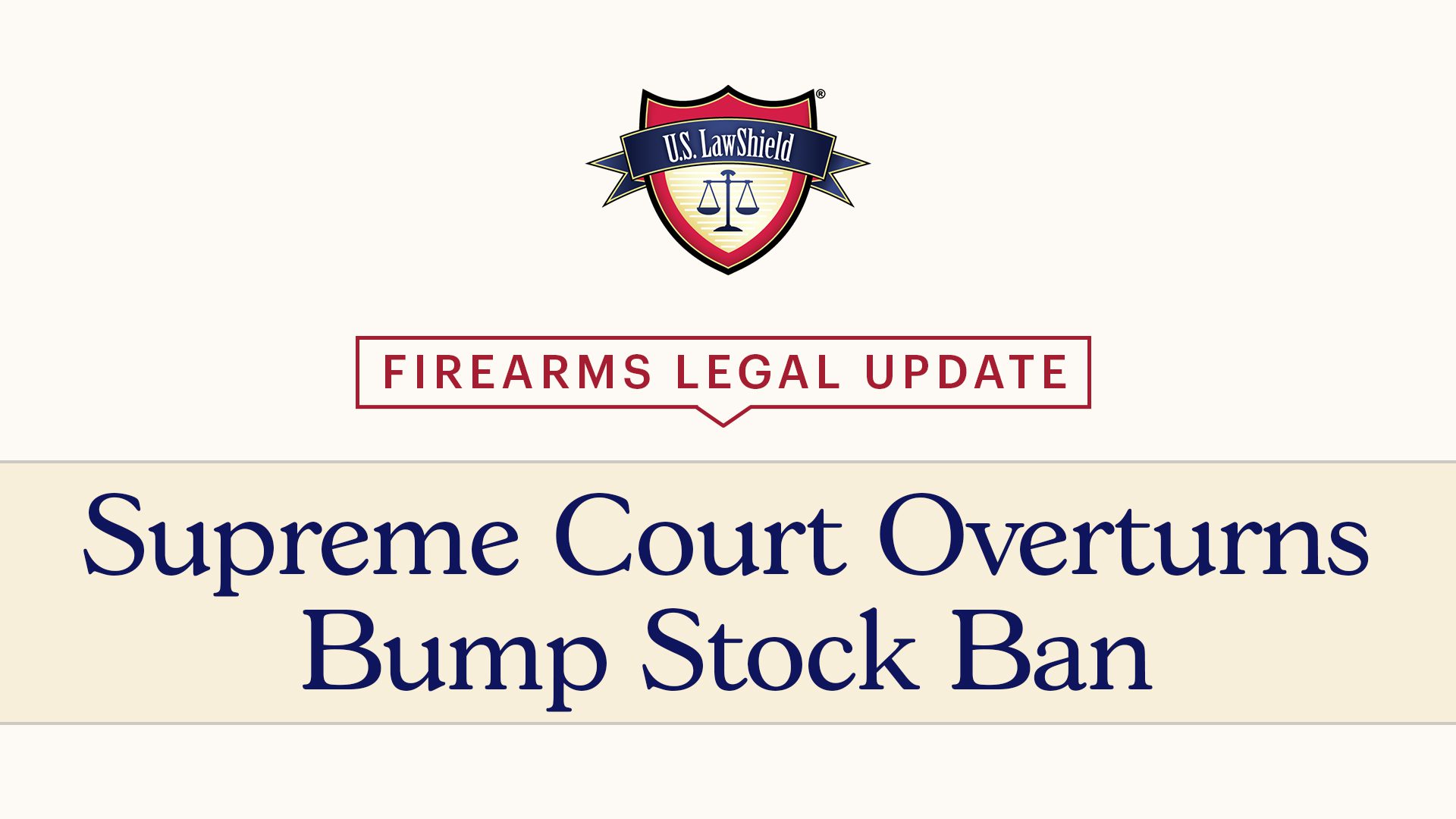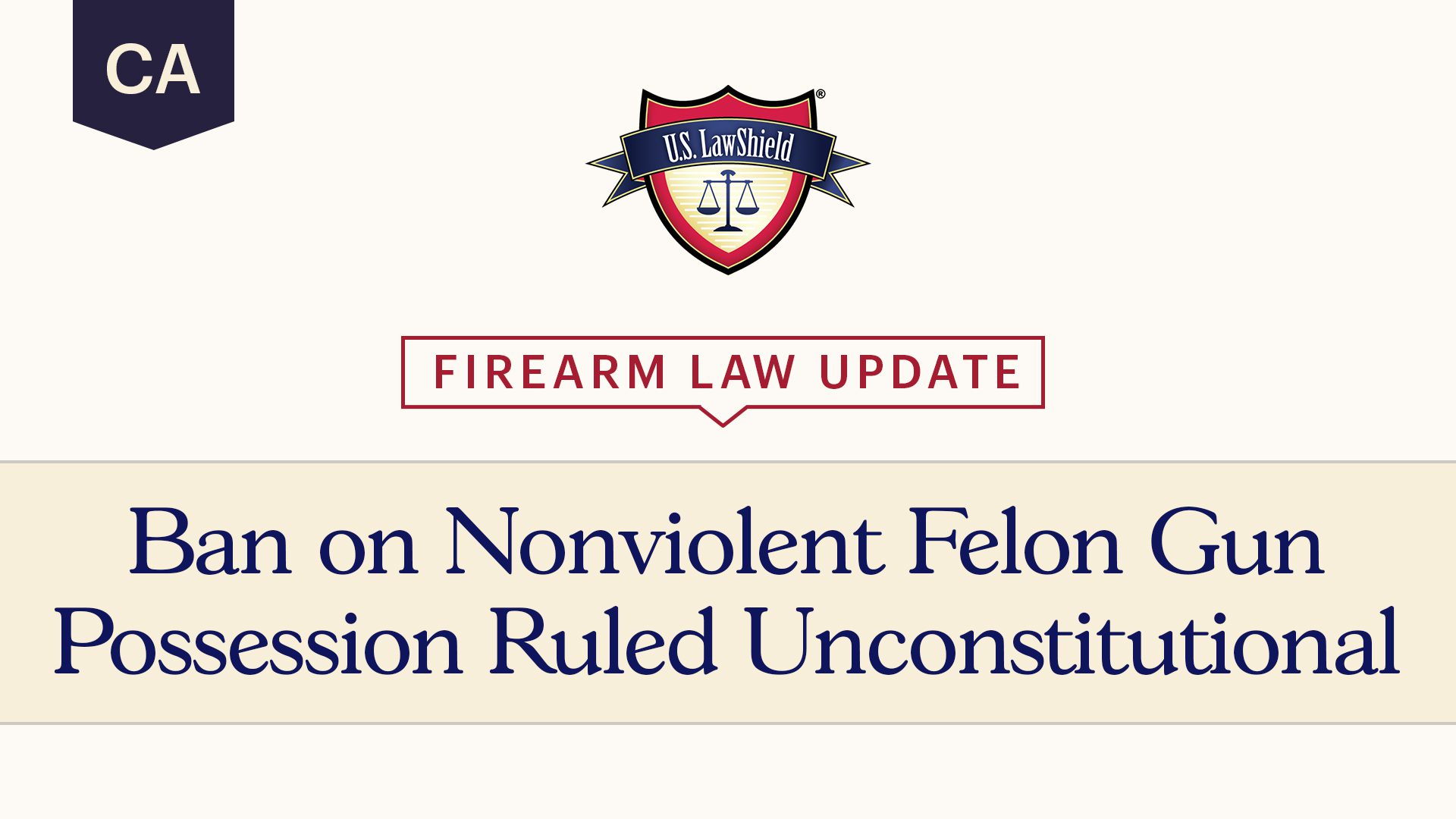
Is it lawful to use another person’s firearm in self-defense in Oklahoma? Generally, the answer is yes.
Picture this: you’re in a parking lot with your spouse when a man approaches and starts violently attacking your spouse without warning. You reach into the car, grab the firearm belonging to your spouse, and fire at the attacker. Was this legal? Can you grab another person’s gun and use it to defend yourself or others?
In Oklahoma, it is legal to use someone else’s gun for self-defense, in defense of another, or for any other legal purpose. There is nothing in the law indicating you can only use your firearm in self-defense. The assumption in this scenario is that you are legally allowed to possess or carry a firearm for self-defense, and the firearm is a legal weapon (not a sawed-off shotgun or an unlicensed machine gun).
Law of Necessity
However, not all people can legally possess or carry a firearm. In cases of emergency, the law of necessity may allow someone who is not legally allowed to possess a firearm to use someone else's firearm in certain self-defense scenarios. If someone who cannot legally possess or carry a firearm comes into possession of a firearm and uses it to save another person’s life from an unlawful attack, the law of necessity could justify the actions of that person.
For instance, Angela, a convicted felon, sees an officer being attacked in the parking lot. She immediately comes to the aid of the policeman who dropped his gun in the fight with the attacker. Clearly, Angela cannot legally pick up or possess a firearm due to her felony conviction. However, the law of necessity would allow her to pick up the weapon and possess the firearm when rescuing the officer from deadly peril.
Oklahoma Law
In Oklahoma, you can use someone else’s firearm to engage in self-defense, defense of others, or for any other acts of defense allowed under Oklahoma law. Whether the firearm belongs to a spouse, friend, or even a Good Samaritan stranger willing to give you access to their firearm, the fact you are using a gun not belonging to you will not affect your right to take defensive measures.
The law focuses on why you used a firearm. If you use another’s gun in an emergency self-defense situation, you will be judged by the same standard used if it was your own firearm: did you reasonably believe force or deadly force was immediately necessary to protect against another’s use of unlawful force or deadly force?
If you have any questions about self-defense, please call U.S. LawShield and ask to speak to an Independent Program Attorney.
The information provided in this publication is intended to provide general information to individuals and is not legal advice. The information included in this publication may not be quoted or referred to in any other publication without the prior written consent of U.S. LawShield, to be given or withheld at our discretion. The information is not a substitute for, and does not replace the advice or representation of a licensed attorney. We strive to ensure the information included in this publication is accurate and current, however, no claim is made to the accuracy of the information and we are not responsible for any consequences that may result from the use of information in this publication. The use of this publication does not create an attorney-client relationship between U.S. LawShield, any independent program attorney, and any individual.





Leave A Comment